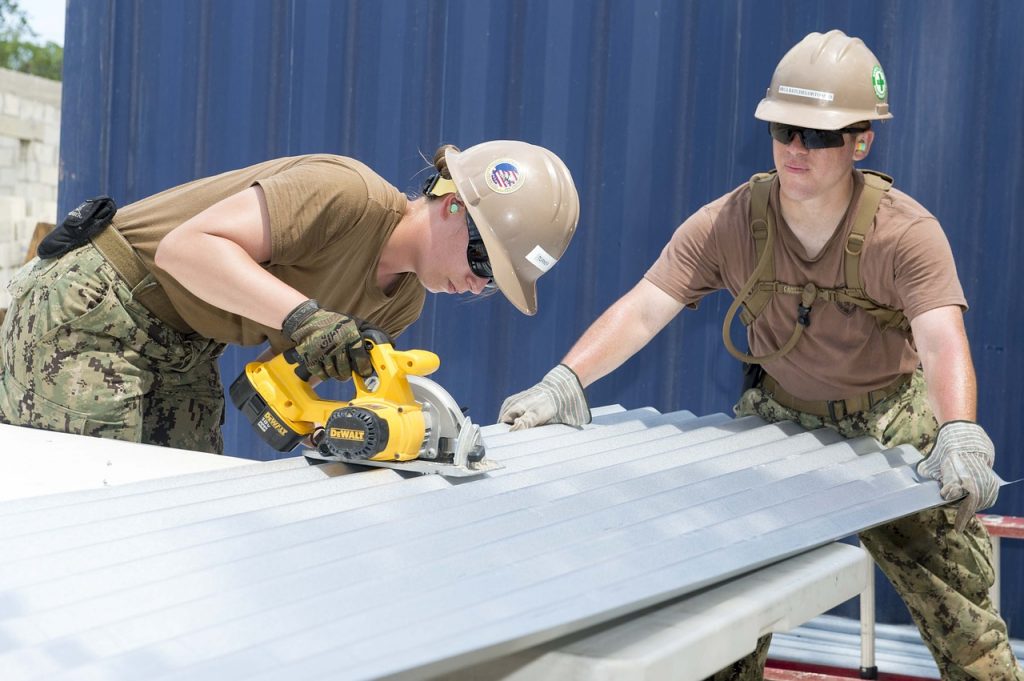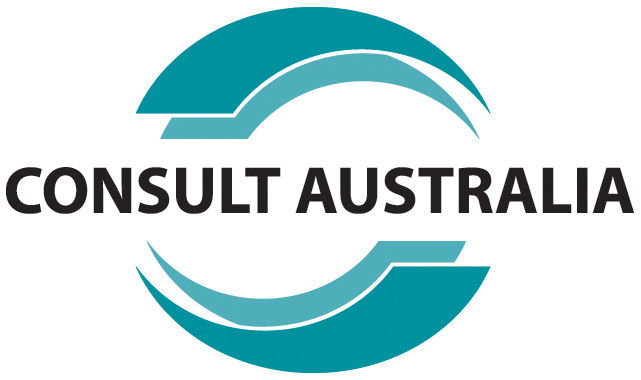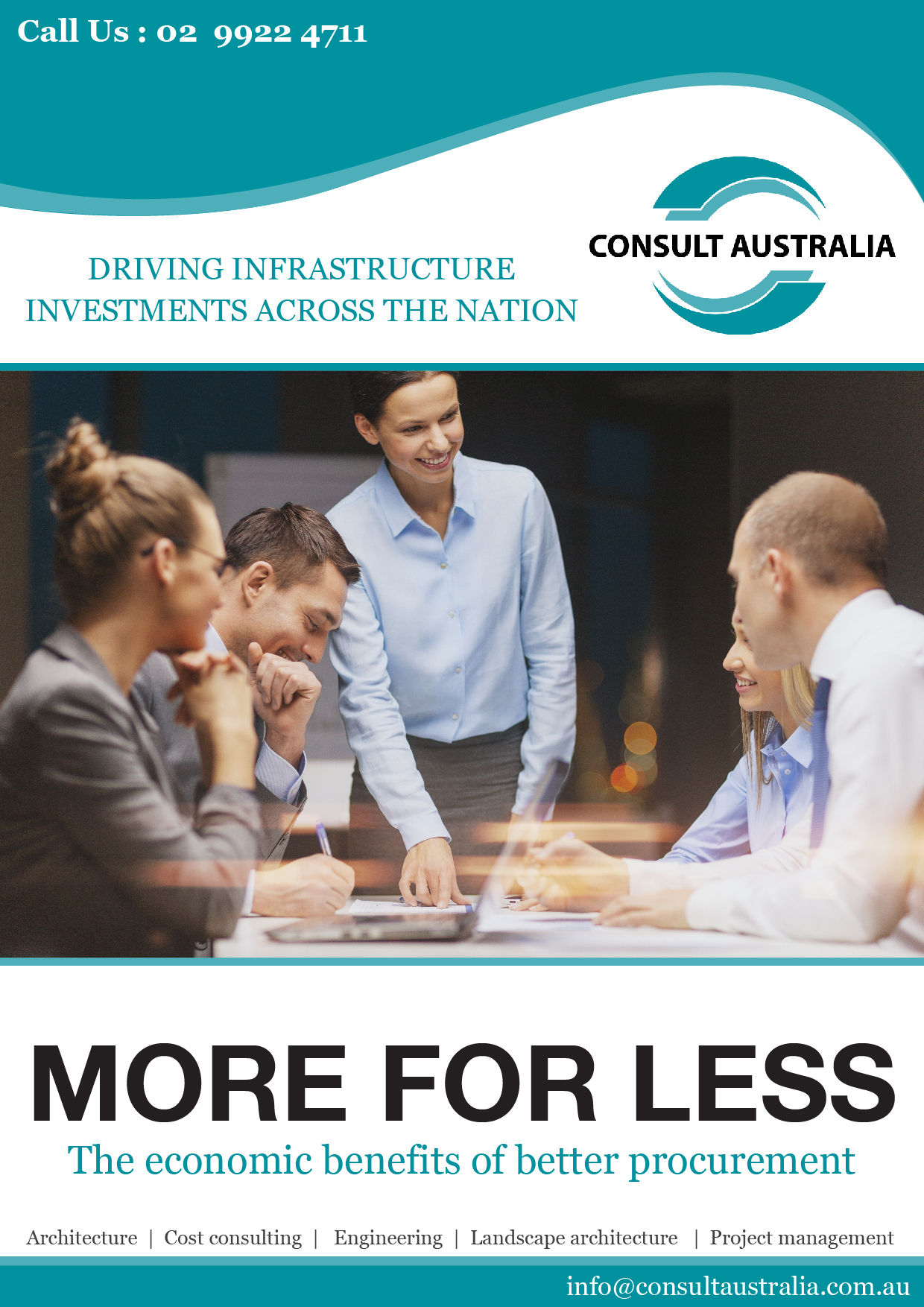Consult Australia is the industry association for consulting companies in the built environment sector, including engineers, architects, project managers, planners, environmental scientists and quantity surveyors among others. It represents an industry comprising about 48,000 firms in Australia and Consult Australia’s members enjoy immense benefits as their business interests are very competently represented at the community, industry and government levels by the association.
History of the association
Consult Australia started as the Association of Consulting Engineers of Australia in 1952. In the 1980’s and 1990’s the government started diverting work from the public works department to the private sector. This resulted in Australian firms acquiring a national footprint and soon after that, in many cases, global operations. The nature of the firms also changed and they started engaging in multiple activities to cater to the government requirements.

Megan Motto, Chief Executive Officer of Consult Australia describes the changing role of the association and how it achieved its current form after the government starting diverting infrastructure projects to the private sector, “So as a result of that change our membership and the companies in the private sector changed considerably and that was really the starting point for us having a conversation about what we were as an organisation. Were we a society of engineers or were we an association that represented the business interests of the companies?
So the Board of the day decided firmly in favour of the latter and we started with a constitutional change to take us from individual to corporate membership and the changed program rode through the organisation and truly culminated with a change of name of the organisation to Consult Australia, which obviously represents a broader membership than just engineers, because currently only half our members are in engineering and the other half are in a range of other multidisciplinary activities and many of them may be in pure architecture or environmental science or quantity surveying.
So we recognise that we need to improve the business interests of the built environment in the private sector and not necessarily the technical disciplines contained therein. We have a strong memorandum of understanding with the various professional institutes in the states where we concentrate on the business issues.”
Benefits that Consult Australia members enjoy
Consult Australia lobbies with the government at all levels to further the interests of its members. Specific areas in the legislative and regulatory environments are identified and the views of members presented to the concerned politicians or government departments. The association could take up the issue of tax on small businesses, environmental clearances, land release issues or planning regulations on behalf of its members and ensure that governmental authorities understand the impact of their actions and take corrective steps so as to prevent a negative fall-out for the association’s members.
Employees of Consult Australia also make submissions to the government on a range of issues to present the views of the members of the association. Meetings are organised with officials and member firms are given the opportunity to interact directly with bureaucrats and other officials by organising various functions for the purpose.
Members of Consult Australia also receive the benefits of a host of facilities to help them conduct their businesses in a professional and profitable manner. Megan Motto gives the details of these services, “So we know that in our membership we have got engineers or architects or planners or quantity surveyors coming through the ranks and deciding to make a go of it and run their business. However, they are often not well versed in the variety of business issues adjunct to their professional and technical expertise.
So we hope to provide supplementary services in HR, marketing, contracts, risk, compliance, workplace health and safety and in a range of areas such as these to help our members professionalise their businesses and hopefully make better profit margins as a result of that.”
The association has a program of supporting members in their efforts to enter the international market. Consult Australia is one of more than 100 organisations that is part of the body, the International Federation of Consulting Engineers. Consult Australia facilitates its members usage of this body to connect in the market where they would like to operate.
Initiatives for encouraging government investment in infrastructure
The association plays a pivotal role in facilitating governmental decisions and approvals for infrastructure projects. For example, the slackness in the commodities market has resulted in a slowdown in investments in the mining sector in Western Australia and Queensland. The government has tried to take up this slack by stepping up its capital investment program. Consult Australia acts as a catalyst in such situations and helps in overcoming regulatory and procedural hurdles so that projects are sanctioned and implemented quickly.
Megan Motto explains the role of the association, “We negotiate directly with government, but the best thing that we can do in terms of infrastructure investment is to make a close relationship with government and oppositions around the country, both state and federal. So we would be liaising with the government on a regular basis in terms of assisting them get projects to market in sensible ways, but more importantly we do a lot of work with governments with regard to the overall framework of decision making and with regard to public infrastructure.
The two key elements are governance – the governance around the decision making in that which projects get built, which projects pack up in a cost benefit analysis approach and how to look at a broader cost benefit analysis process, so we help governments to implement the right decision. We maintain pressure on governments to have good governance procedures so that we are not serving just political cherry picking of projects, but we are seeing projects which are well thought out, well designed, well implemented and in the interest of the Australian economy and community.
So that is the governance side of things and the second part of course is the elephant in the room. With the best interest in the world we cannot build anything if we do not have the money to pay for it. So we do a lot of lobbying with governments in terms of the range of project financing and funding measures that they need to consider to engage the private sector a lot more in infrastructure financing and we suggest a range of ways of getting better funding and the financing mechanism for that, so that we can build what we need to have – a productive economy.”
The future
Consult Australia is providing services to its members to enable them to conduct their business in a professional and profitable manner. The association has been highly successful in improving the business environment for its members by lobbying with the government and bureaucracy and by providing and facilitating direct interaction between them. The success of Consult Australia is based on its constant focus in identifying and exploiting opportunities for the benefit of the functioning of its members.
Megan Motto outlines the future plans of the association, “What was considered a large firm even five years ago is now a medium sized player. We have got a lot of globalisation of firms and a huge amount of consolidation in the market through mergers and acquisition activity. A lot of new international players have entered the market so we are trying to consolidate our membership and build upon it, deepen our penetration and engagement and provide an ever wider range of services at all levels within those organisations to help them run successful businesses.
On the influence front we like to look at Australia’s place in the region, so in the future we will have a greater regional focus because our member firms have a regional focus, certainly our large firms have a very strong regional focus. We recognise it as a great area of opportunity for our members and it is particularly the Asian region which is growing in its economic development very quickly and the services of our members will be in very high demand and we will help them take advantage of this opportunity.






 This information will never be shared to third parties
This information will never be shared to third parties